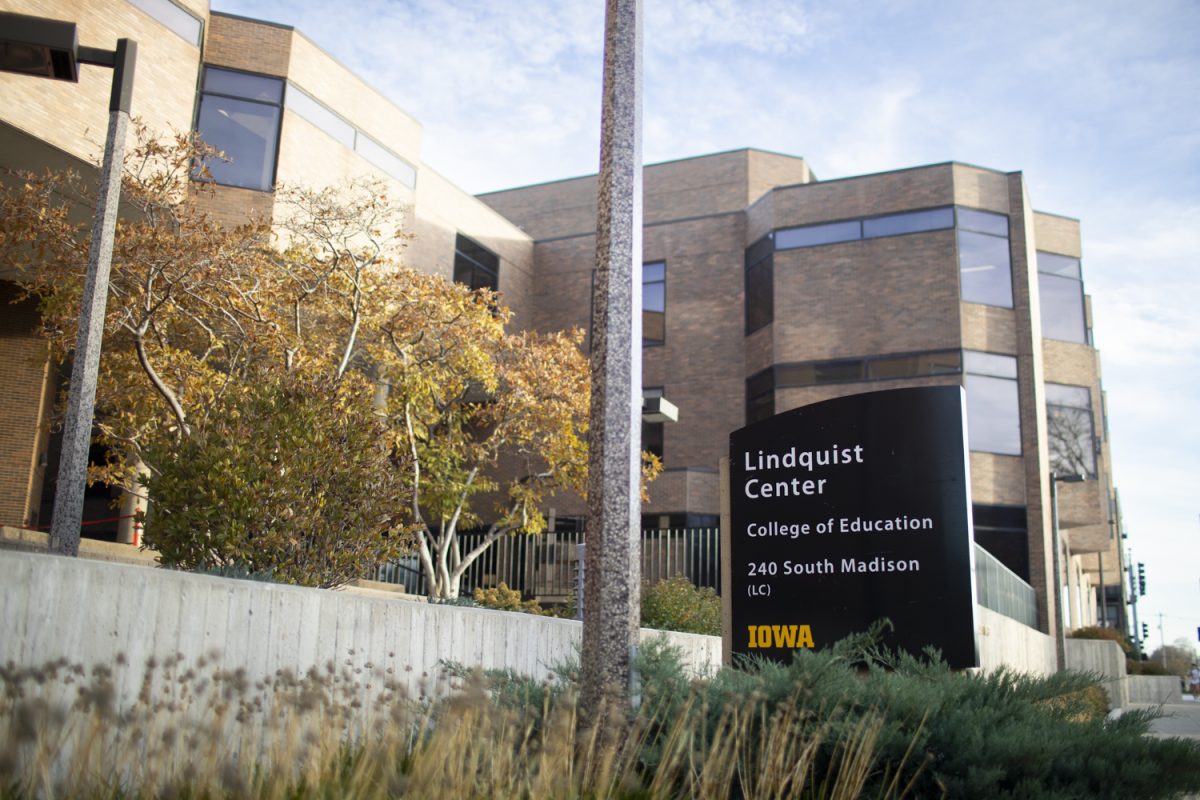After receiving a $5.38 million grant, the University of Iowa College of Education has put the money toward funding 72 graduate students over five years to assist shortages in school-based mental health service professionals in high-need schools.
The grant was awarded on April 1 and has been used to fund graduate students across the College of Education, College of Public Health, and College of Liberal Arts and Sciences.
It is funded by the U.S. Department of Education and the Office of Special Education, being a part of the Mental Health Service Professional Demonstration Grant Program. Faculty of the College of Public Health, School of Social Work in the College of Liberal Arts and Sciences will also collaborate on the grant.
The grant goes hand in hand with an ongoing project, “Multidisciplinary Pathways to Recruit, Train, and Retain School Mental Health Providers in Iowa (MPath),” that develops multidisciplinary training models to increase the number of mental health service professionals in high-need schools of Iowa.
The project will pay special attention to promoting individuals of marginalized and minority backgrounds in the mental health field.
The College of Education is focusing on the Keystone and Mississippi Bend areas in Iowa to address the comprehensive mental health concerns within those schools. These high-need schools are classified as those with a percentage of students who receive free or at least a 30 percent reduction on lunch fees.
Gerta Bardhoshi, a professor of school counseling, wrote in an email to The Daily Iowan that because the grant was interdisciplinary, the plan was to focus on different things.
“We are focusing across multiple training programs, professions, and [area education agencies] to create a broad approach to best recruit, train, and deploy highly trained, diverse professionals that can help address the school mental health challenges in our state,” Bardhoshi wrote.
The grant will provide graduate students with a first-year stipend and tuition aid during their practicum training year as they pursue careers in mental health. Students will also receive high-end training on prominent issues and concerns in the mental health field, and opportunities to train within these high-need schools to further their professional experience.
Ebonee Johnson, co-project director for the public health track, goes to high-need schools to listen to the voices of parents, caregivers, and guardians, and recruit high school students to the UI to take part in this grant.
Johnson recently traveled to Louisiana, where she participated in graduate fairs at historically Black colleges like Xavier University and Dillard University to speak with students, and to Southern University where she spoke with its career services department.
“We were really doing our best to recruit students to diversify and fill the school mental health workforce gaps in order to address the larger youth mental health crisis,” Johnson said.
Johnson said there are several targets for this work, including ensuring that there is an adequate mental health workforce. Another is ensuring that there are diverse personnel that can be deployed to those areas in need.
“That’s why we’re really focusing on recruiting students not only for rural areas in Iowa but also recruiting students from minority-serving institutions to help in diversifying the school mental health workforce,” Johnson said.
So far, two students within the College of Public Health, six students within the social work program, and six students within the school counseling program are receiving tuition remission and stipend from the grant. Students are still being recruited for the school psychology track.
The College of Education is also trying to move its courses online for students in rural areas who go through the social work program.
Johnson said the courses will be incorporated into the program within the next five years to aid the availability for students across the country.
Ann Santos, clinical associate professor in the school of psychology, wrote in an email to the DI that work was being done to meet the grant priority of increasing diversity in the mental health profession to reflect the diverse populations being served.
“We have targeted funding for students who qualify as underrepresented minorities, as well as individuals recruited directly from our partner [area education agencies],” Santos wrote.
Applications for graduate students will begin in the fall 2023.



